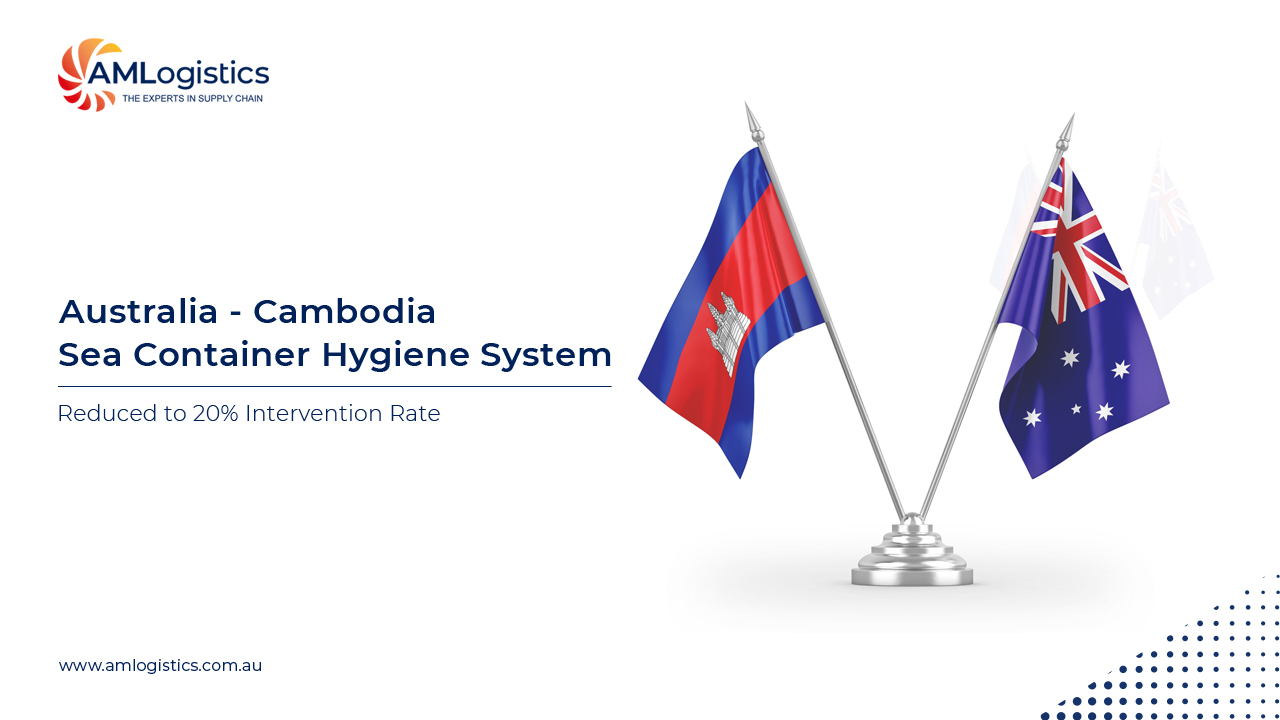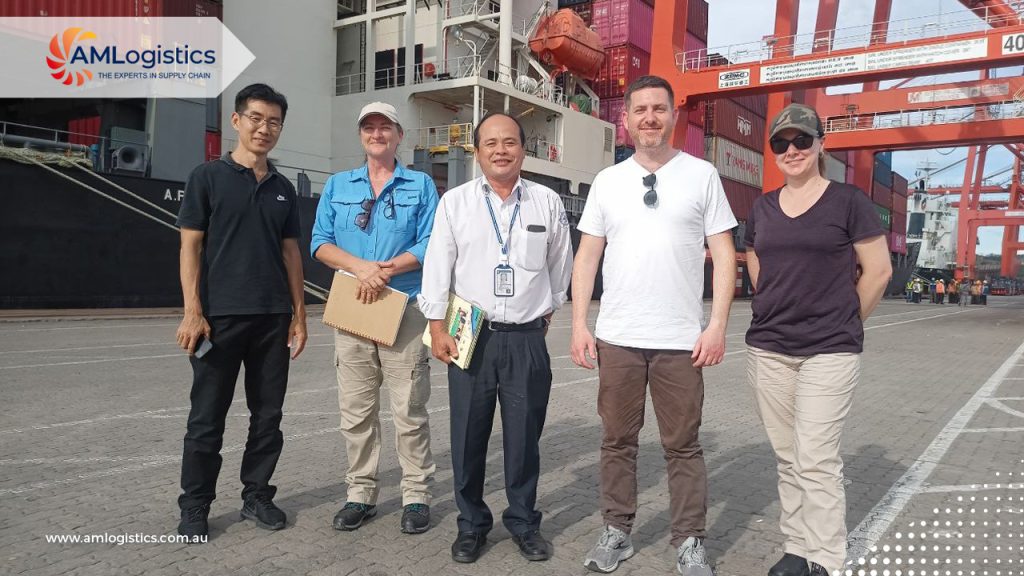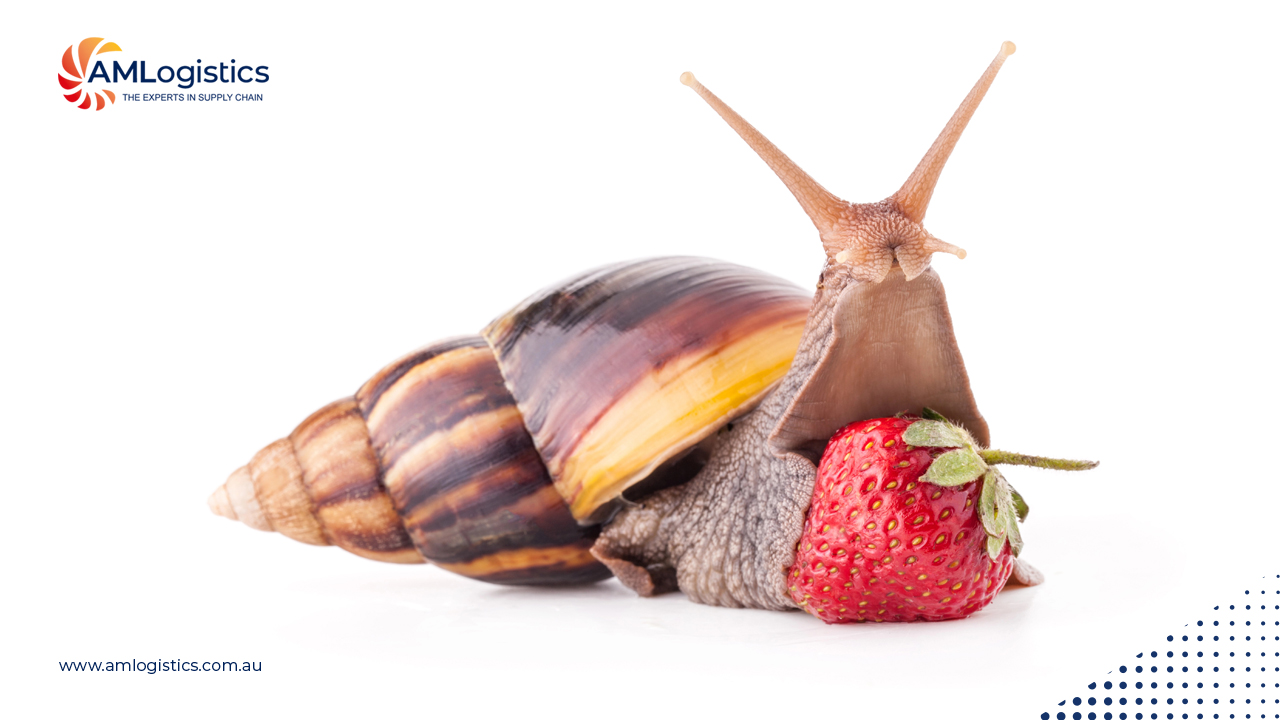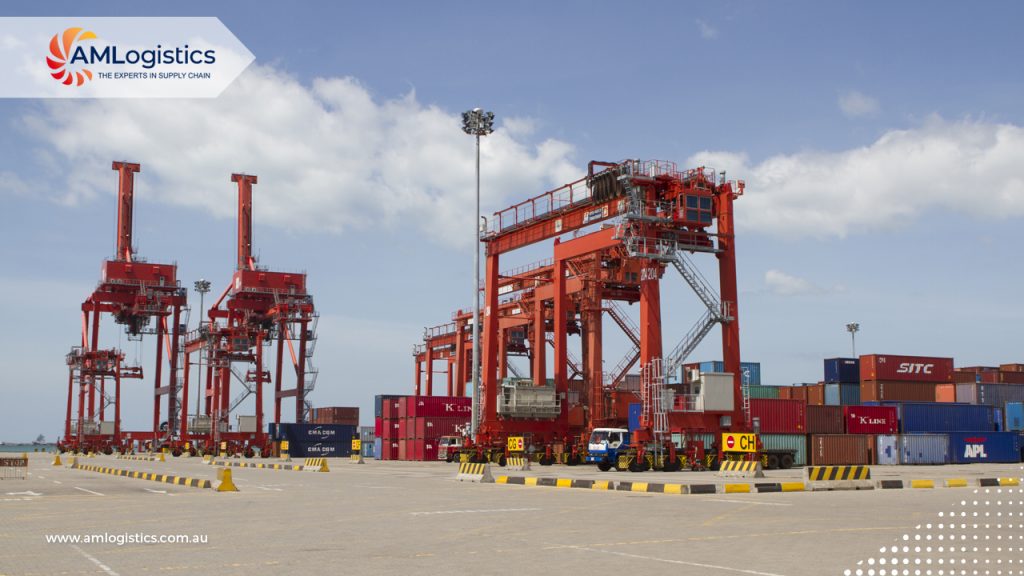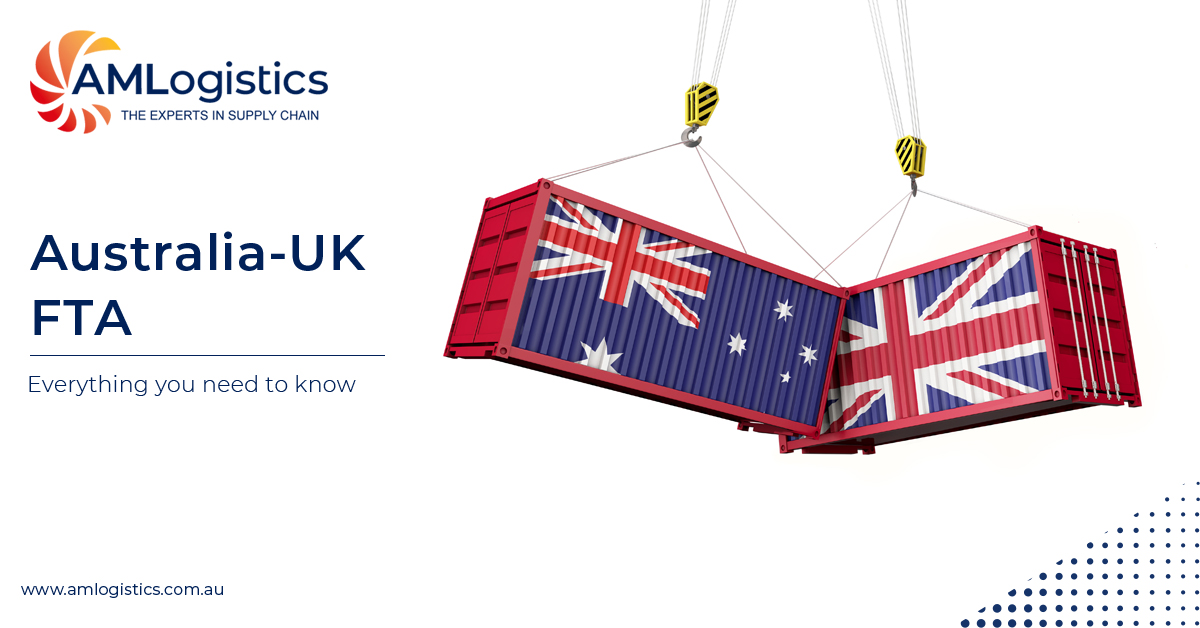AML Partnership Program
AM Logistics has formalised its Partnership Program, establishing a global presence through its qualified network.
Many Freight Forwarders find value in traditional member-based agency networks around the world, although this methodology had not been adopted by AM Logistics (AML) because of the strength of its own offices and partners. For one-and-a-half decades AML has developed its network through a carefully designed partnership model, centred around performance, trust and market competitiveness.
In line with AML’s globalisation strategy, Director for Global Trade Advisory, Lindsay Rowlson recently began a rigorous process in qualifying and establishing AML’s own formal member-based network but with a continued metric around performance, trust and competitiveness.
Purpose of the AML Partnership Program.
AML created a program that qualifies strategic trading partners within its existing network, designed to provide more transparency and scale to its global operations with benefit to the entire network and clients.
- More visibility, safety and alignment
- Greater transparency and opportunity
- Quicker and clearer communication channels
- Improved connections across the supply chain
Gratitude for trading partners.
AML is grateful for the ongoing support of its partners locally and around the world. We appreciate how our partners continue to shape and grow our business, all working together to strengthen every link in our client’s supply chain and deliver on our commitments end to end.
More.
To learn more about the AML Partnership Program, contact us here and type “AML PARTNER” in the message field.
Our AML Global Trade Advisory team will contact you and go through the next steps.

